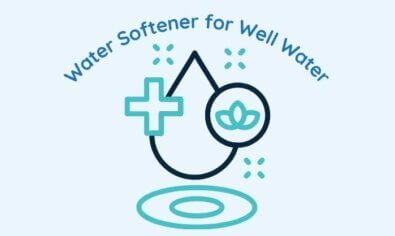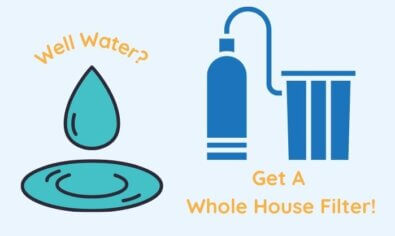Avoid These 3 Cheap Alternatives to Whole House Water Filters
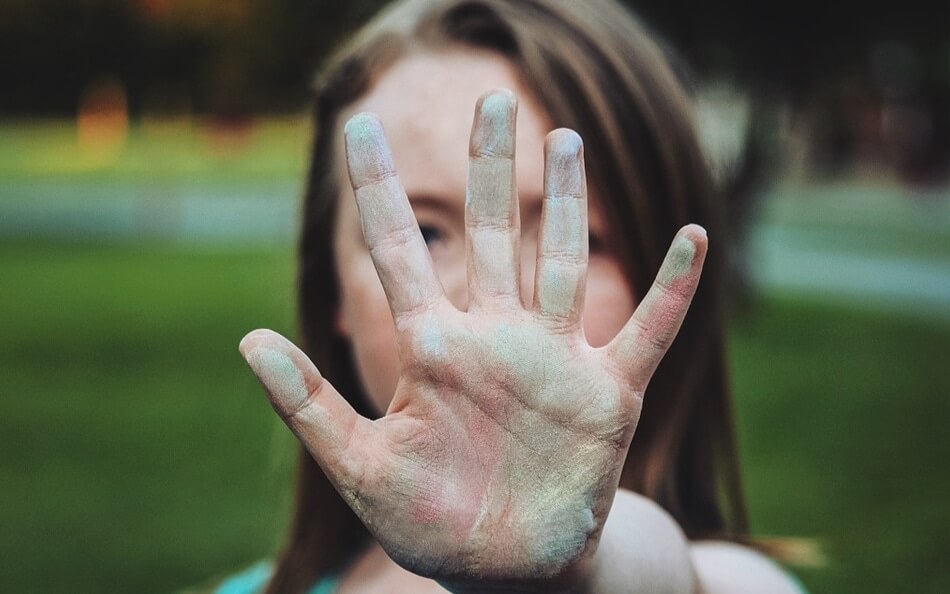
Only Whole House Water Filters Reliably Provide Clean, Healthy Water
Everyone loves to save money—a few bucks here, a few more there, and then you can afford to be a bit more comfortable. Yet, there are some things you wouldn’t want to skimp out on. The most important of these is your health. You wouldn’t go to an unlicensed doctor for surgery just because it’s cheaper, would you? When it comes to water treatment, the same goes: cheap alternatives to whole house water filters are no replacement for the real thing.
Here’s a rundown of three types of cheap water treatment methods and why they fail to effectively deliver safe drinking water.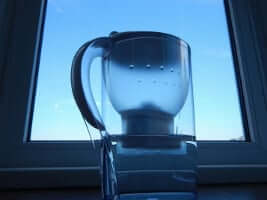
Carbon Filter Pitchers
These filters are the most common water treatment solution that people are familiar with. They consist of a simple carbon filter held within a convenient pitcher. You just add water and it filters right though and collects in the container. Cheap, easy, and healthy—right?
Unfortunately, that’s not quite the case. These pitchers utilize activated carbon filtration. Activated carbon will chemically bond with some of the contaminants your water contains as it passes through the filter. However, this type of filter doesn’t effectively remove all the different types of pollutants that might be lurking in your water.
Many carbon filters remove only chlorine. Others remove lead, asbestos, mercury, and the volatile organic compounds (VOCs) left in Lake Michigan by boats and factories. However, there are many types of contaminants that a carbon filter cannot remove, such as:
- Arsenic
- Chromium
- Perchlorate
- Nitrates
- Fluoride
On top of that, there’s the issue of longevity. Even those activated carbon filters that remove things other than chlorine may not do so for very long.
Companies like Brita might use marketing copy saying the product is certified for removing a particular contaminant, but without telling you how many gallons the filter is certified for. One of their pitcher filters might only be certified for 25 gallons per replacement. This means that after 25 refills or so the filter isn’t actually doing anything anymore, yet you’ll probably continue using it. That makes carbon filter pitchers both less effective and more expensive in the long run.
Only a whole house water filter or a point-of-use system utilizing reverse osmosis and activated carbon will remove the full range of contaminants, including lead, chromium, arsenic, nitrates, perchlorate, chlorine, trihalomethanes, and VOCs. Just using carbon filtration won’t give you anything near this level of high-quality water. Plus, many whole-house systems only require a filter change once or twice a year, making it a more practical and cost-effective solution in the long term as well.
DIY Water Treatment
There are all sorts of different do-it-yourself water treatment methods you can find on the internet. They range from boiling water, to setting up a rig to distill your water, to layering sediment in a bottle to create a makeshift filter. While these might come in handy for getting through an emergency scenario where clean water becomes inaccessible, it’s a big mistake to try to implement them as an actual drinking water solution for daily life.
Here are a few of the different DIY filtration methods and why they can’t compare to whole house water filters.
Bio-Filtration
A biofilter uses “living” media such as stone, gravel, or sand to filter water. Creating a simple biofilter is easy—you just layer activated charcoal, then sand, then gravel in a container, then run water through.
As water runs through the gravel, the gravel traps larger debris like insects or bits of leaves. The sand then catches finer particles the gravel couldn’t capture. Finally, the charcoal acts as an activated carbon filter, removing a handful of other common pollutants.
There are two main problems with this setup.
The first is that, like the store-bought carbon filters described above, this filtration method misses many different contaminants that may be in your water.
Illinois Water Utilities have been reporting some gross contaminants!
Check out the concerning contamination that has been reported by public water utilities in Illinois!
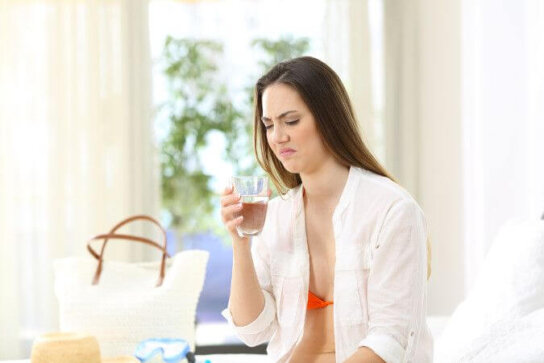
Second, this isn’t a practical solution for filtering the large amounts of water that your family uses around the house every day. Whole house water filters, on the other hand, provide truly clean water without the inconvenience of having to repeatedly build and replace a DIY filter.
Boiling or Distilling Water
We all know that boiling water is one of the oldest and most basic methods of water treatment known to humanity. Yes, boiling water can help provide a bare minimum of sterility to otherwise toxic water. Heating water to its boiling point and keeping it at that temperature for several methods can kill certain pathogens and boil off certain chemicals.
However, boiling water doesn’t come close to guaranteeing the water is clean. Boiling only gets rid of contaminants with a lower boiling point than water. This means, for example, it doesn’t remove heavy metals like lead or mercury.
Distillation is a similar process. You distill water by heating it until it vaporizes, then collecting the vapor and letting it condense back into water.
Apart from being impractical for household use, this method similarly suffers from the problem of boiling points. Distillation only removes contaminants with boiling points higher than that of water. This leaves in pollutants like:
- Chlorine
- VOCs
- Trihalomethanes
On top of that, you have to keep the equipment extremely sterile between uses, or else you introduce new contaminants into the water from the last time you used it.
Shower Head Water Softeners
With how easy these are to install, and how cheap they are, it’s no wonder people would be drawn to shower head water softeners. These devices attach to your shower head and remove the minerals which cause water hardness just before the water exits the shower head.
While this may be a useful quick fix for the time being, it isn’t an actual solution. You’re only treating one of the symptoms of hard water, rather than attacking the problem itself.
By softening the water just at this one point of use, you might alleviate your dry, itchy skin and scalp, your frizzy hair, and the soap scum in your shower. You may even save a bit of money on shower products.
However, here’s a list of things such a softener won’t resolve:
- Stains on your laundry
- Residue on your dishes
- Soap scum and hard water scaling in other fixtures and sinks
- Hard water buildup in your water-using appliances
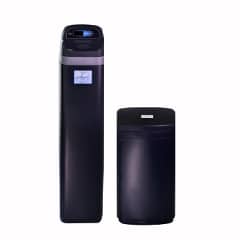
Only whole house water filters like this EcoWater ERR-3702 from Angel Water can deliver truly clean water throughout your home.
These are all issues that cost you money which you spend on additional cleaning and hygiene products, clothing, appliances, etc. On top of that, shower head water softeners need to be replaced relatively often. Between all these expenses, you’d be better off treating the problem at the source.
Whole house water filters with softeners give you clean, soft water throughout the home—a real, long-term solution that addresses all of the symptoms of hard water, not just some.
Consult a Professional About Whole House Water Filters
Whole house water filters are still the best way to ensure that your home has safe water. However, your system needs to be NSF-certified to remove the contaminants you’re worried about. What contaminants should you be worried about? That depends on your water, which is why you should test your water first.
We here at Angel Water have been testing water quality as well as installing, maintaining, and replacing whole house water filters in Barrington, IL and the Chicago area for decades. Our experienced technicians have hands-on experience and love educating our community about securing a safe water supply. Give us a call today at 847-382-7800, and learn more about how whole house water filters can protect your health and save you money!
Interested in a Water Softener System for Your Home?
You don’t have to live with a dry, itchy scalp and brittle hair anymore! It would be our pleasure to help you find the right water softener to make your showers enjoyable again.
Please give us a call at (847) 382-7800 or visit our water softener page to learn more.

